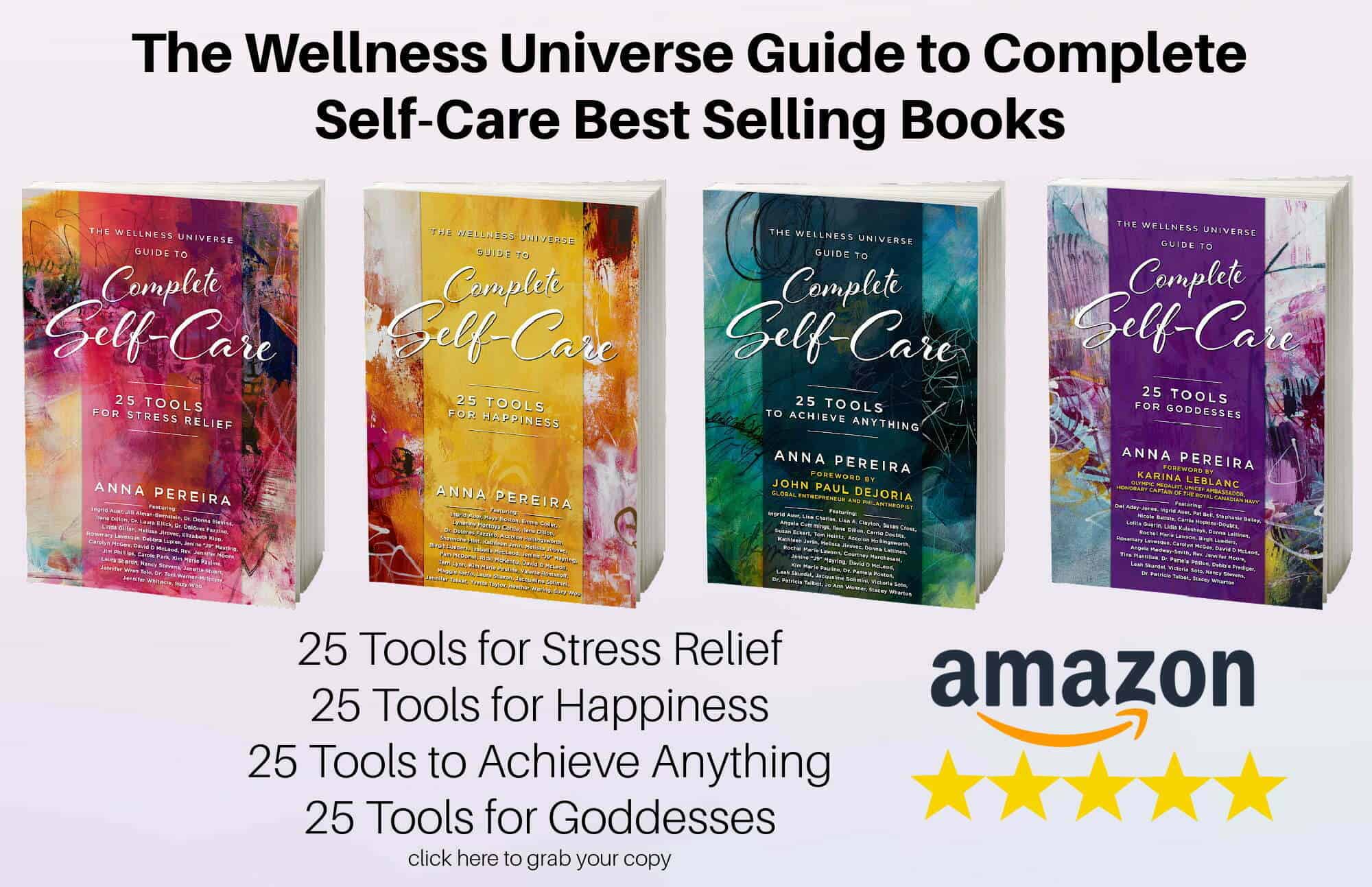Cardiovascular health is a topic of paramount importance in today’s fast-paced world. The heart, our vital organ, plays a central role in maintaining our overall well-being. However, the relentless external stressors we encounter at work can have a profound impact on our cardiovascular health. In this blog, we will explore the intricate relationship between external work-related stress and cardiovascular health, shedding light on the mechanisms at play and providing actionable tips to safeguard your heart.
Understanding the Impact of Work-Related Stress on Cardiovascular Health
- The Stress-Heart Connection: External stressors, especially those originating from the workplace, trigger a stress response in our bodies. This response, designed for our survival, can have adverse effects when chronic. It elevates the levels of stress hormones like cortisol and adrenaline, which, over time, can damage the cardiovascular system.
- Blood Pressure and Stress: Chronic stress is known to contribute to high blood pressure (hypertension), a leading risk factor for heart disease and stroke. The persistent pressure on arterial walls can lead to their narrowing and, ultimately, cardiovascular problems.
- Inflammation and Immune Response: Stress can promote inflammation in the body. While inflammation is part of the body’s defense mechanism, chronic inflammation is linked to atherosclerosis (hardening of the arteries) and an increased risk of heart attacks and strokes.
- Unhealthy Coping Mechanisms: Under stress, individuals often resort to unhealthy coping mechanisms, such as overeating, smoking, or excessive alcohol consumption. These behaviors can further harm cardiovascular health.
Identifying External Stressors at Work
- Workload and Deadlines: Excessive workloads and tight deadlines can create immense pressure, leading to chronic stress. Learning to manage your workload and set realistic goals is crucial.
- Workplace Conflicts: Interpersonal conflicts, whether with colleagues or supervisors, can be a significant source of stress. Developing effective communication skills and conflict resolution strategies can help mitigate this stressor.
- Job Insecurity: Fear of job loss or uncertainty about the future can be extremely stressful. Financial stability is closely linked to overall well-being, so it’s essential to address job-related anxieties.
- Long Hours and Burnout: Working long hours without adequate breaks can lead to burnout, which has severe physical and mental health consequences. Recognizing the signs of burnout and seeking support is vital.
- Lack of Control: Feeling powerless or having limited control over your work can contribute to stress. Discussing workload and expectations with supervisors can sometimes lead to solutions.
Protecting Your Cardiovascular Health in the Workplace
Cardiovascular health is a critical aspect of overall well-being, and the workplace can significantly impact it. Here are practical strategies to safeguard your heart health while navigating the demands of your job:
- Stress Management Techniques:
- Incorporate stress-reduction practices into your daily routine, such as mindfulness meditation, deep breathing exercises, or yoga[1].
- These techniques can help counteract the adverse effects of workplace stress on your heart. Dedicate time for relaxation to maintain emotional equilibrium.
- Regular Physical Activity:
- Engage in regular physical activity, which not only helps manage stress but also contributes to overall cardiovascular health[2].
- Even short breaks for a quick walk during the workday can make a substantial difference. Prioritize movement to promote a healthy heart.
- Healthy Eating Habits:
- Maintain a balanced diet rich in fruits, vegetables, whole grains, lean proteins, and low in processed foods[6].
- Proper nutrition supports heart health and can counteract stress-induced unhealthy eating. Make informed choices when it comes to workplace meals and snacks.
- Supportive Work Environment:
- Advocate for a supportive work environment that values employee well-being[4].
- Encourage open communication about stress-related issues and promote wellness programs at your workplace. A supportive atmosphere can alleviate stressors.
- Seek Professional Help:
- If work-related stress becomes overwhelming or starts affecting your physical health, consider seeking professional help[6].
- Psychologists and counselors can provide valuable guidance and strategies to cope with workplace stress effectively.
Incorporating these practices into your daily work routine can go a long way in protecting your cardiovascular health. Remember that your heart health is a valuable asset, and proactive steps can help you maintain it even in the face of workplace challenges.
Real-Life Success Stories
Work-related stress is a pervasive issue that can have a profound impact on cardiovascular health. Here are real-life success stories that highlight the tangible effects of work-related stress on the heart and provide actionable tips to mitigate these risks.
- Stress at Work Takes a Toll on the Heart:
- A study reported by Harvard Health Publishing found that men who reported specific types of job-related stress faced a higher risk of heart disease than those without such stress[1].
- This emphasizes the tangible impact of work-related stress on cardiovascular health. It highlights the need for individuals to recognize and address workplace stress to protect their heart health.
- The Effects of Stress on the Heart:
- Baptist Health explains that chronic stress can make individuals more likely to have high blood pressure, chest pain, heart disease, and irregular heartbeats[2].
- These are clear manifestations of the connection between stress and heart health. It underscores the importance of managing stress effectively to reduce the risk of heart-related issues.
- Tips to Keep Stress from Hurting Your Heart:
- Mayo Clinic Health System offers practical tips to reduce stress and improve heart health, emphasizing the actionable steps individuals can take to protect their cardiovascular well-being[6].
- These tips include stress-reduction techniques, regular physical activity, healthy eating habits, and seeking professional help when necessary.
- The success stories illustrate how individuals can take control of their heart health by proactively managing work-related stress.
Prioritizing Cardiovascular Health in a Stressful World
In today’s demanding work environments, safeguarding your cardiovascular health is non-negotiable. Understanding the intricate relationship between external work-related stress and heart health is the first step towards prevention. By identifying stressors, implementing stress management techniques, and promoting a supportive work environment, you can take control of your heart health and lead a more fulfilling, heart-healthy life.
Remember, your heart is your most precious asset. Treat it with the care and attention it deserves, and it will continue to beat strongly for years to come.
Work-related stress can significantly impact cardiovascular health, leading to high blood pressure, inflammation, and unhealthy coping mechanisms. Identifying external stressors at work and implementing stress management techniques, exercise, healthy eating habits, and seeking professional help when necessary are essential steps to protect heart health.
Sources
- Stress at work takes a toll on the heart
- The Effects of Stress on the Heart – Baptist Health
- Improve Your Heart Health by Reducing Stress – HSI
- Job Stress and Cardiovascular Health: Is There a …
- How Employees and Managers Can Work Together to Manage Workplace Stress
- Tips to keep stress from hurting your heart
All information, content, and material are for informational purposes only and are not intended to serve as a substitute for the consultation, diagnosis, and/or medical treatment of a qualified physician or healthcare provider. The information supplied through or on this page, or by any representative or agent of The Wellness Universe, is for informational purposes only and does not constitute medical, legal, or other professional advice. Health-related information provided through this website is not a substitute for medical advice and should not be used to diagnose or treat health problems or to prescribe any medical devices or other remedies. The Wellness Universe reserves the right to remove, edit, move, or close any content item for any reason, including, but not limited to, comments that are in violation of the laws and regulations formed pursuant to the Federal Food, Drug, and Cosmetic Act. None of the posts and articles on The Wellness Universe page may be reprinted without express written permission.
Healing. Here. Now. Mindfulness, Trauma, and Recovery
Elizabeth brings her experience in stress management, trauma, addiction recovery, and neuroscience as it relates to trauma recovery and healing.
Learn more here –

see how our self-care books are helping thousands of people around the world. Digital and paperback books are available now.
Connect to the people that help you live your best life: The Wellness Universe
The Wellness Universe is your resource for health, wellness, well-being, and transformation. We serve and support professionals who make the world a better place and individuals and groups who seek their best life.
A woman owned company; having the vision in 2013, Anna Pereira launched the first directory in 2015 bringing together a community of members making the world a better place to be found by those seeking their best life. The Wellness Universe has grown since then to be a one-stop shop for total wellness support! We are a vetted community, online directory, book publisher, resource center, event producer, content platform, and so much more, supporting whole-health and well-being on a global scale.
The Wellness Universe is a home that connects industry professionals in the health, wellness, and well-being fields to seekers of total well-being. WU provides our WU World-Changer members with peer support, Wellness Universe produced events (live and online), projects, visibility, business mentoring, and community. Through The Wellness Universe our WU World-Changer members serve WU Friends, seekers of health, wellness and transformation, with coaching, workshops, content and more.
The Wellness Universe provides individuals and groups seeking their best lives with access to our members, wellness content, educational resources, and guidance in all areas of wellness to transform visions of how they want to live life into the life they experience.
Through the directory, WU Featured Blog, SoulTreat wellness retreat, Self-Care Books, group well-being programs, and online learning center, The Lounge, The Wellness Universe provides many avenues to support whole health, mind, body, spirit and planet.
Join us today! Wellness Professional or Seeker of Your Best Life





